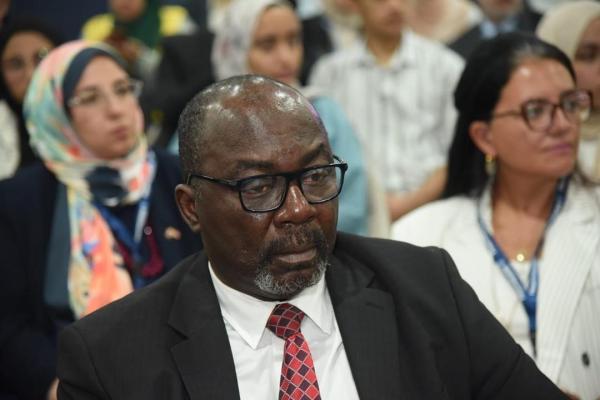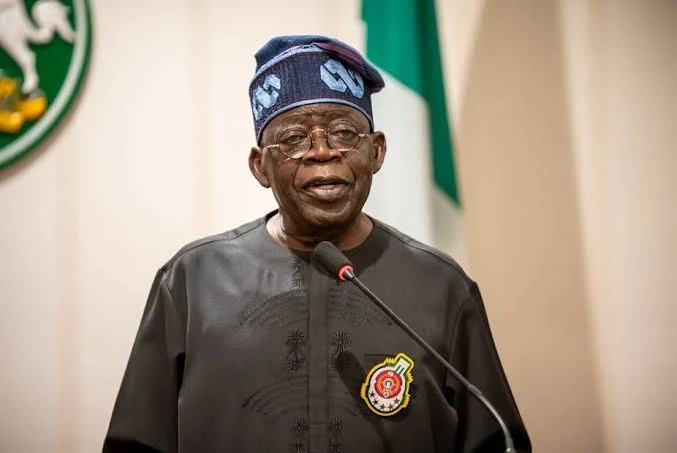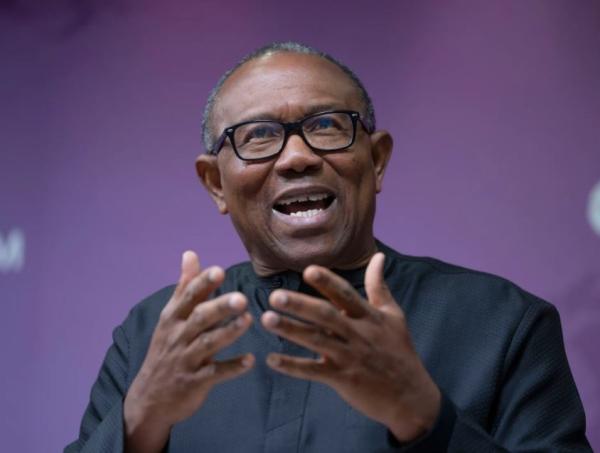
The importance of communication in any country whether developed or developing is so obvious. In fact the inter-relationship between the economic development of a country and effective telecommunications services is so interwoven that it is difficult to tell which one comes first.
Nigeria embraced digital technology since the 1980s with the introduction of digital switches and transmission systems (radio and optic fibre) into the network. In recent times, telecommunication revolution especially the use of mobile phones and internet is transforming the Nigerian society in many ways. Indeed, the socio-economic and health impact are enormous.
Speaking at a forum hosted by the Nigerian Communications Commission (NCC) to enlighten telecommunication subscribers on how to enjoy the new life that has come with mobile telecommunication revolution in Nigeria, the director of public affairs at the commission, Mr Tony Ojobo, described access to telecommunication as a fundamental human right which is as important as right to life.
Addressing the participants, Ojobo said the commission was working hard to help telecommunication consumers enjoy that right along with other citizens of the world.
“Basically, what we do is to create the enabling environment for telecommunication to grow to be able to provide access. The International Telecommunications Union (ITU) has indicated that telecommunications has now become a fundamental human right. This means that wherever you are, you should have access.
“When we talk about universal access, we are talking about access to telecommunications within five-metre radius. So, our mandate is to ensure there is access to telecommunications for all Nigerians. We also set quality of standards and ensure compliance to those standards, and where it is established there has been breaches; of course, the commission imposes some kind of sanction on the defaulters,” he stated.
He added, “When we talk about telecommunications, people talk about the regular voice communications but it goes beyond that to data communications. Now data communication has become key to our lives.
“When you are talking about data communications, you are talking about even the alert you get from your bank when maybe, somebody pays money into your account. It includes emails, such applications like WhatsApp; text messages.
“It includes the transactions you have on the ATM machines. It includes the communications you have with the POS terminals when you go to the supermarket. Now, all of these are services riding on telecommunications. Essentially, what we are saying is that telecommunication is life and it has affected the way we live daily.”
Ojobo said in recognition of the fundamentality of telecommunications to the lives of the people, the Nigerian government had been providing the environment for the networks to expand even as it continued to push the frontiers for the expansion of data communication.
According to him, this has produced results as subscribers to both voice and data communications continue to grow as indicated by statistics recently released by the regulatory agency.
He said, “As at today, the tele-density is 100.45 percent. And we have 81 million internet users. As at our last statistics in February, 81 million Nigerians are on the internet. We have 145 million active subscribers. That gives an indication of the size of the industry. In other words, our action or inaction affects 145 million subscribers.
“We are talking about subscribers, not people. We recognise that every number is a subscriber whether you have two lines or three lines. Every number is seen as a subscriber. So we have approximately 145 million subscribers and we have about 81 subscribers who are on the internet. Under that 81 million, you have a number of people who are doing a lot on the internet including businesses.
“Today, we have people who have their businesses on their laptops or their tablets or their phones. That is their office. All they are doing is from that platform. Their banking transactions are done on the cell phone, the online purchases are done on the cell phone; hotel reservations are done on the cell phone and airline reservations are done on the cell phone. That means that there is a lot of vibrancy on this industry and people are beginning to wonder; what would have been happening in Nigeria without the mobile revolution.”
Ojobo said the commission consistently monitors service providers both on the technical and economic fronts to ensure they meet consumers’ basic expectations.
“We monitor a wide range of parameters – technical parameters; economic parameters. Technical, here we are talking about the quality of standard thresholds that networks are expected to meet. And to that intent, we have a set of key performance indicators that have established thresholds that include things like call drops and congestion.
“All of these are parameters that are measured and those measurements that have been established are in line with international best practices; all of them. Those are the measurements that are given to the networks and they are expected to meet them. When you are on the road and you are making calls and all of a sudden, the call drops; there is a maximum number of calls within a population that is within the acceptable standard,” he stated.
Expounding on the telecommunications rights of subscribers, the Enugu zonal controller of NCC, Mr Abang Lawrence, said subscribers have right to demand and get good quality of service as much as possible.
He said, “Telecommunications users have the right to be involved. They have a right to know all the requirements of the services they are getting from the operator. They have a right to question the quality of services they are receiving. They have a right to a quick response to their complaints.”
Recognising that a man’s rights can be trampled upon by those that are supposed to help him enjoy the right to quality telecommunications services, Lawrence said the regulatory agency had put a process in place for subscribers to seek redress.





















